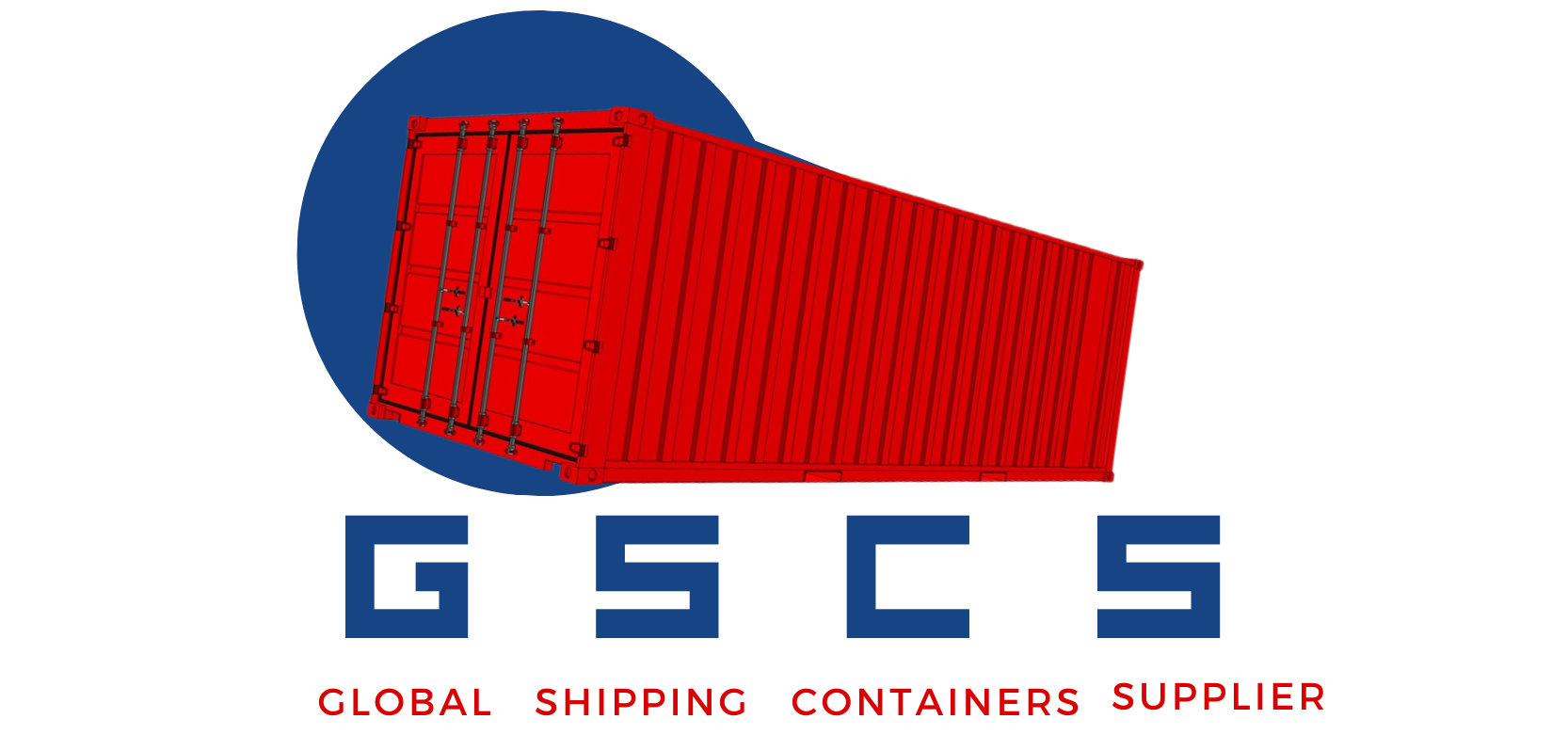As of 4 December 2011, the international carriage of passengers by coach and bus is governed by Regulation (EC) No 1073/2009 . This regulation replaces Regulation (EEC) 684/92 and Regulation (EC) No 12/98. The latest regulation makes the rules clear and less complex improves enforcement, and avoids unnecessary administrative burden.
The international carriage of passengers by coach and bus is conditional on the possession of a Community license. Any road passenger transport operator possessing a valid Community license, issued by the Member State of establishment, has free access to the whole international EU road transport market

Carriers are required to carry a certified true copy of the Community license onboard each of their vehicles, in order to facilitate effective controls by enforcement authorities, especially those outside the Member State in which the carrier is established.
The Regulation defines the different types of coach and bus service and the specific requirements they must fulfill to access the market.
- regular services, which require a national authorization issued by a competent authority;
- special regular services (e.g. the transport of workers or schoolchildren), which shall not require a national authorization, if covered by a contract between the organizer and the transport operator;
- occasional services (e.g. the transport of a group of young people to a concert in another Member State, or a one-off tourist trip), which only require a journey form;
- own-account transport, meaning transport which is not for hire or reward, and related authorizations and rules, which are exempt from the authorization system, but require a certificate issued by the Member State in which the vehicle is registered.
THE PROGRESSIVE LIBERALISATION OF THE PUBLIC TRANSPORT MARKET IN EUROPE HAS ENCOURAGED THE DEVELOPMENT OF PRIVATE SECTOR COMPANIES THAT ARE PROVIDING SERVICES IN MORE THAN ONE COUNTRY. IN MOST CASES, THEY ALSO PROVIDE SERVICES IN MORE THAN ONE MODE.
EPTO
Community license document is issued by the designated competent authority in each Member State provided that the carrier:
- -is authorized to undertake carriage in the Member State of the establishment;
- -satisfies the conditions laid down in EU rules on access to the profession;
- -meets legal requirements regarding the standards of drivers and vehicles.

